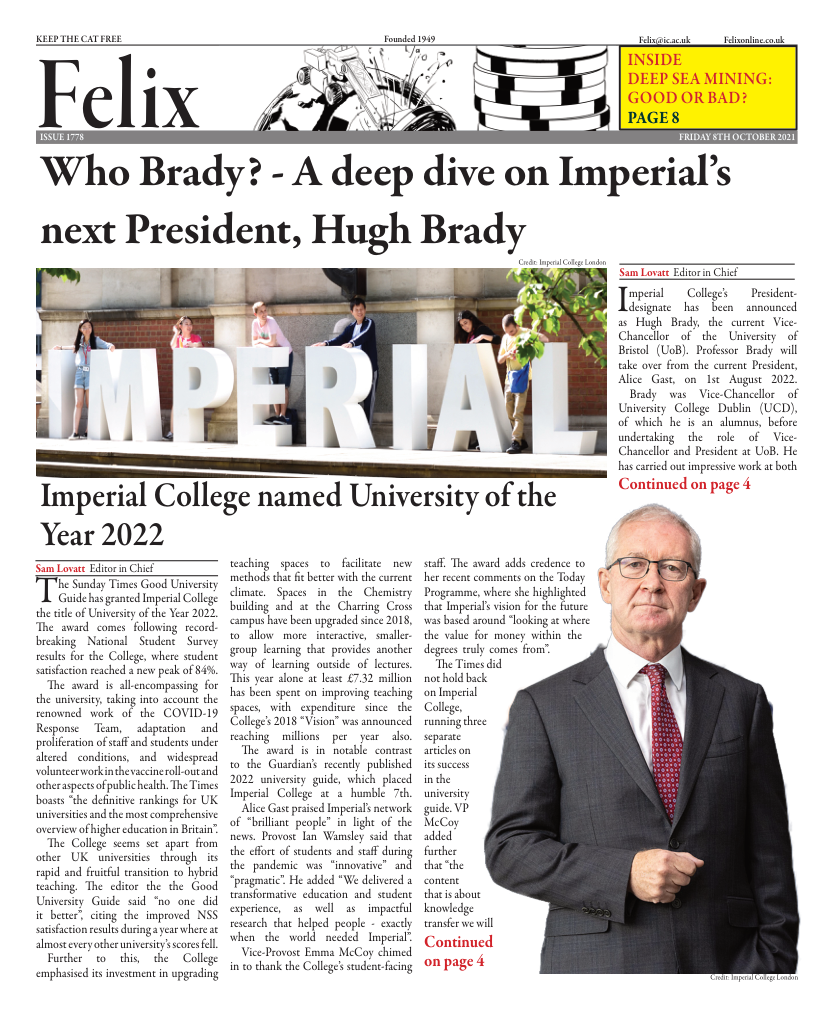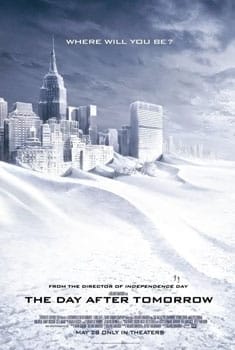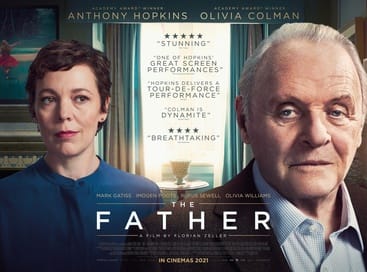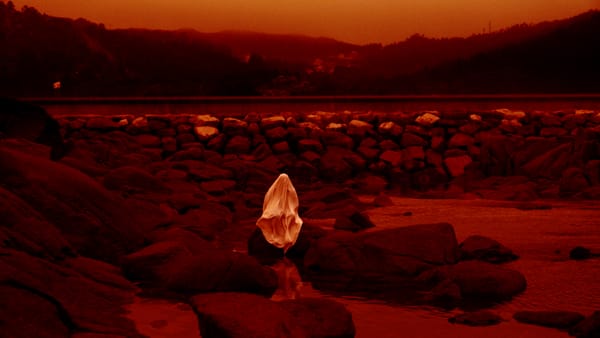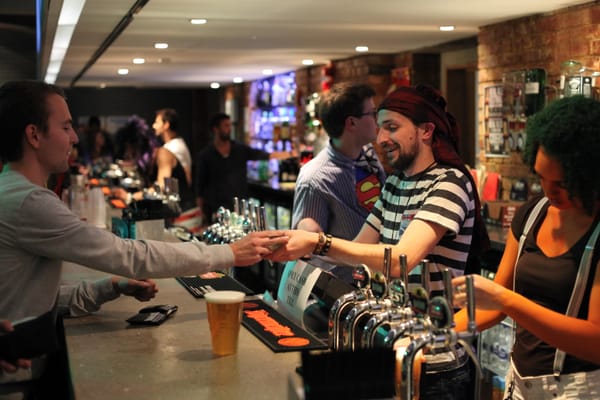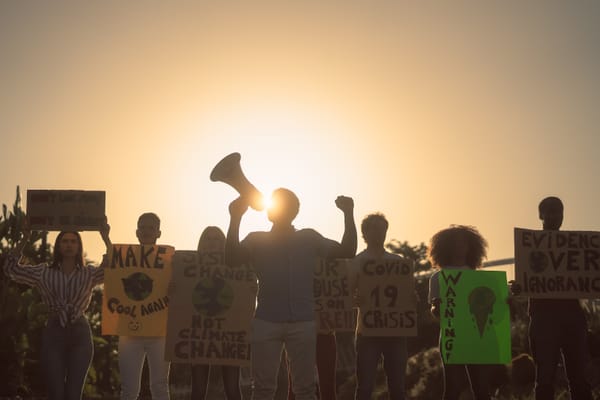Horace Ové: Director of Britain's first Black feature film
Film editor Eva Borras discusses the British film 'Pressure', the first Black British movie directed in 1975 by Horace Ové as well as his impact as a moviemaker in the 70s.
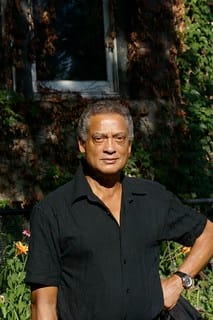
“Horace Ové is undoubtedly a pioneer in Black British history and his work provides a perspective on the Black experience in Britain.”
Throughout the ‘70s, British director and writer Horace Ové became one of the leading UK Black filmmakers, as his film ‘Pressure’ was the first feature directed by a Black person and, controversially, held back for two years before its eventual release to widespread critical acclaim. Years later, The British Film Institute (BFI) mentioned in its documentary 100 Years of Cinema: “Horace Ové is undoubtedly a pioneer in Black British history and his work provides a perspective on the Black experience in Britain.”
‘Pressure’ is a 1975 feature-length film telling the story of Tony, a second-generation Black British teenager living with his family in London. Every member of his family was born in Trinidad except him and therefore the movie explores the difference in their views of the community they live in. Shot in a documentary style, Pressure focuses on the social dynamics felt between first and second generation immigrant families in the 70s London as each individual struggles to find its place in a society ruled by the white English. In this Black coming-of-age movie, there is a disconnection between what the protagonist feels as being born and raised in Britain and how he is treated by his surrounding environment. For instance the fact that during the film his white friends have all gotten jobs while he’s being frequently passed over and unsuccessfully chosen as the candidate to work. Or similarly, as the movie progresses and he follows his older brother into the Black Power movement, he witnesses with his own eyes the oppressive force of the police whenever a Black person questions and calls out the racist system they live in. Director Ové successfully captures a raw story of a theme not very popular within the British film industry, as looking back through the films there is barely any representation of black culture and its community. It is important to highlight that despite it being almost 50 years since the film premiered, some of the issues and arguments portrayed in Pressure are still relevant to this day. It is definitely an emotionally impacting film for the audience but it is for sure a must watch.
Unfortunately, it was not an easy path that the director had to take in order to develop his career and have a name in the industry. In a recent interview with BFI, Ové explained his unsuccessful experience trying to direct his first film, ‘It’s a very surreal film, but unfortunately I never finished it’ he explained after he tried to raise money with friends and colleagues to make it on his own. It was called ‘Man Out’ and it explores the life of an unemployed West Indian novelist and their struggle to continue writing even without a job. The reasons he gives for this is the fact that ‘firstly, I was a Black filmmaker, secondly, the subject was too obscure for the early 60s’ and therefore could not get enough funding for the completion of the film. However, the director revealed his faith in possibly completing the feature nearly 30 years later.
Ové’s next film was in 1970, a documentary outlining the experience of an underground music genre called ‘Reggae’. In an interview with BFI, Ové explained how he got inspired to create this film – he realised reggae was being played in shebeens but hardly played on the radio so he therefore found a Jamaican record producer like himself in film – and with its financial help produced the film. It was actually the first feature-length film financed by Black people in Britain shown by the BBC and very successful in cinemas.
Other features directed by Ové include a 1978 documentary called ‘The Skateboard Kings’ about pioneering Californian skateboarders. The importance of Horace Ové as a filmmaker lies in not only the fact that he was the first Black director to break into the mainstream, but also the fact that he still remains having a political voice and combines dramas and documentaries beautifully.
To this day, Horace Ové is a relevant icon for his groundbreaking role in the film industry. In the 2019 Somerset House exhibition in London called Get Up, Stand Up Now, his creativity and contribution were celebrated, with the organizer Zak Ové opening being “Horace Ové and his dynamic circle of Windrush generation creative peers, and extending to today’s brilliant young Black talent globally”.

